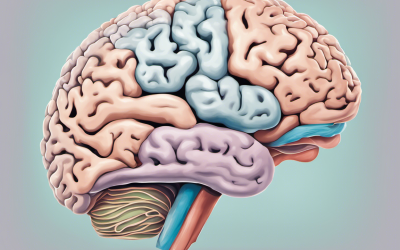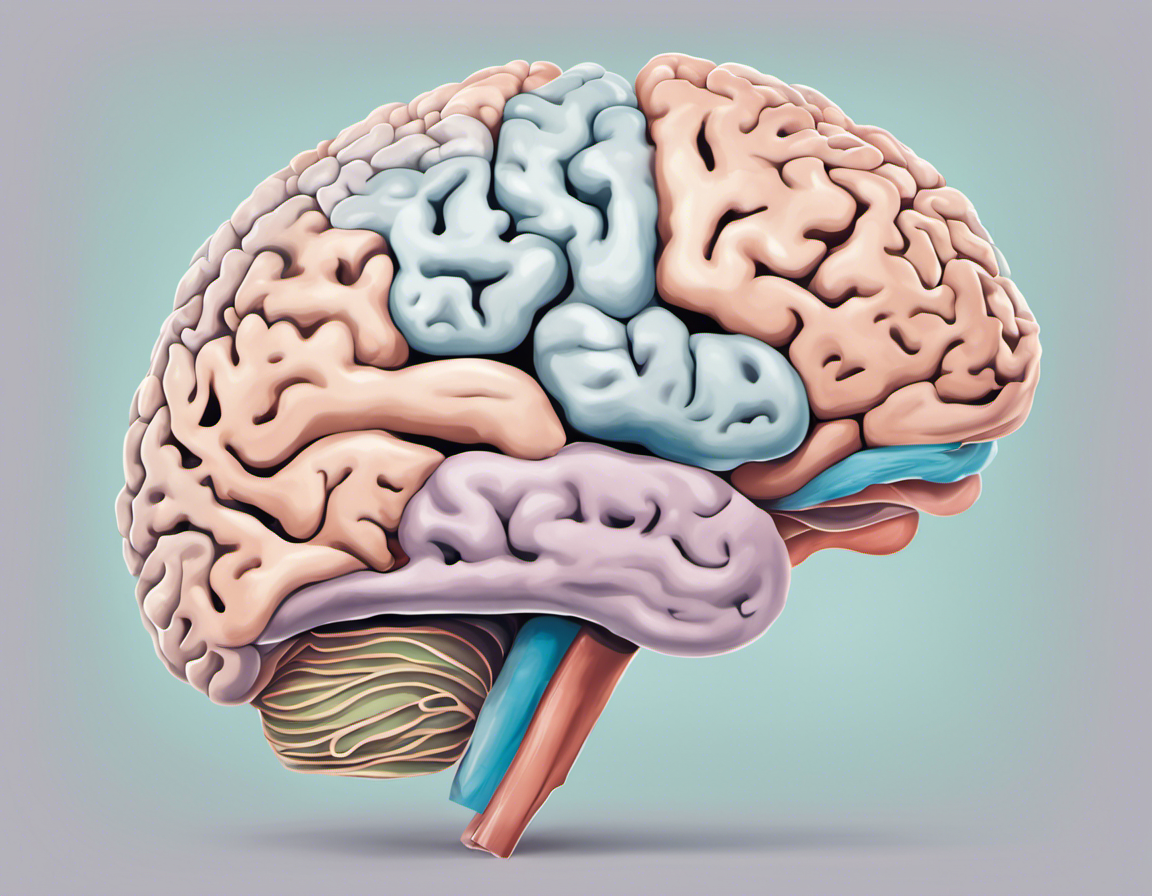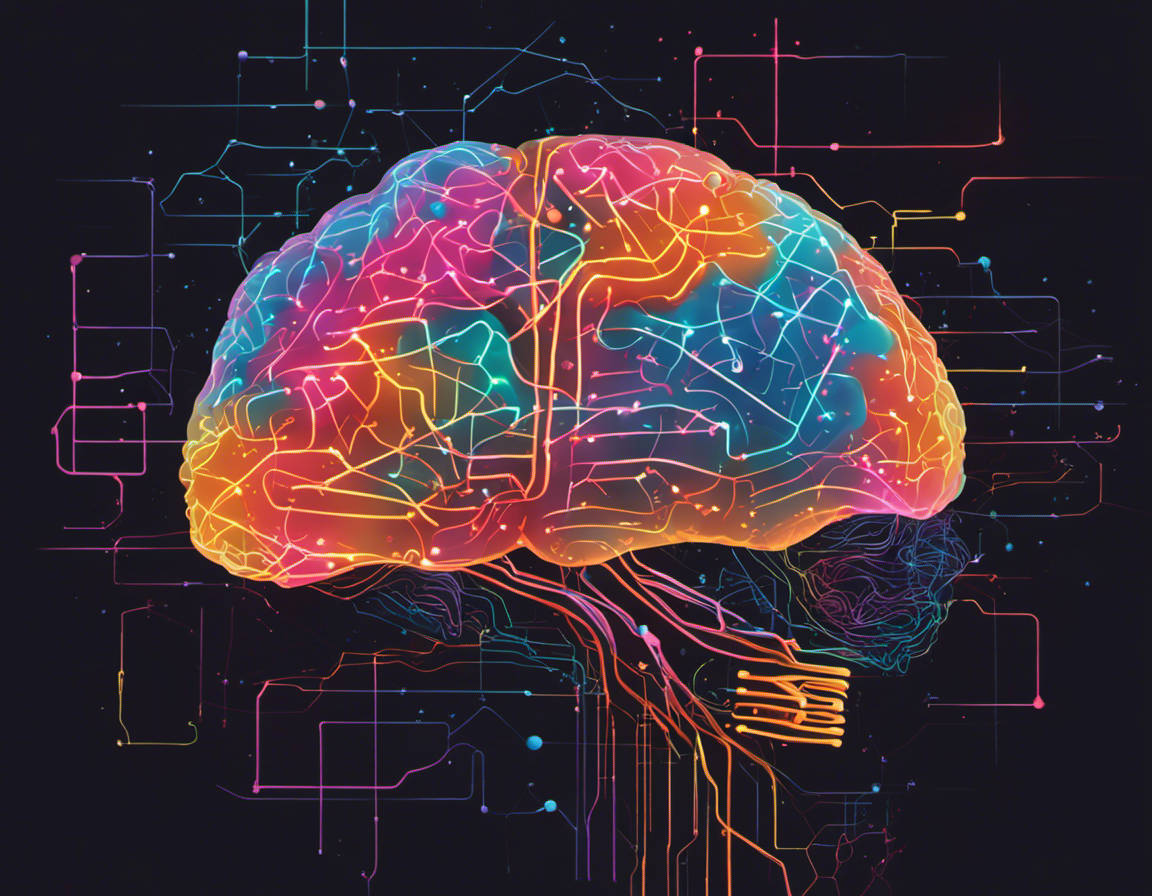ADHD and Addiction: Understanding, Managing, and Overcoming the Dual Diagnosis

Have you ever struggled to focus on a task or found yourself impulsively reacting to situations? These experiences may seem common, but for individuals with Attention-Deficit / Hyperactivity Disorder (ADHD), they represent daily hurdles. ADHD impacts millions worldwide, but a less-discussed dimension is its intersection with addictive behaviors. Why is there a connection between the two, and what does it mean for affected individuals?
This article dives deep into the world of ADHD, from its symptoms to its prevalence, before shedding light on the complex correlation between ADHD and addiction. We’ll explore why individuals with this neurodevelopmental disorder are more prone to developing addictions and how this susceptibility can severely impact their lives.
Equally important, we’ll discuss the available treatment options that can bring about profound change — from psychotherapy and medication management to lifestyle modifications. We aim to show how untangling this dual diagnosis of ADHD and addiction can lead to more effective therapies and better outcomes.
To every caretaker supporting a loved one through this, every healthcare provider searching for insights, or if you’re coping with these conditions firsthand, this article seeks to provide understanding, guidance, and hope. The journey may be challenging, but through knowledge, empathy, and societal support, managing ADHD alongside addiction becomes a shared endeavor we can triumph over.
Comprehending ADHD
Cause of ADHD
ADHD, or Attention-Deficit/Hyperactivity Disorder, is a neurodevelopmental disorder notorious for its capacity to impair cognitive and behavioral functioning. Present from childhood on, this condition often persists well into adulthood. It is characterized by ongoing problems concentrating, hyperactivity, and impulsive behavior affecting life’s academic, professional, and social aspects.
Symptoms and manifestations of ADHD
Symptoms of ADHD are primarily observable as three distinguishing signs: inattention, hyperactivity, and impulsivity. People with ADHD typically struggle to focus during tasks or conversational interactions. They might be rapidly distracted by irrelevant stimuli, find problem-solving daunting, or struggle with following through on instructions.
Evidence of hyperactivity in individuals diagnosed with ADHD may include non-stop talking, frequent movement or fidgeting when seated, and difficulty with quiet leisure activities. Impulsivity is often demonstrated through impatient behavior, such as difficulty in waiting for their turn or blurting out answers prematurely.
Co-relation between ADHD and Addiction
Historical observation indicates a poignant rapport between ADHD and addiction susceptibility. The propensity towards addictive behaviors may be heightened in those struggling with ADHD due to the overlapping nature of symptoms associated with both disorders.
Reasons why individuals with ADHD may develop addictions
Individuals afflicted by ADHD may be vulnerable to additive tendencies for several reasons. Firstly, the chronic frustration and emotional distress stemming from the constant struggle with inattention and impulsivity can potentially drive these individuals toward substance use as a form of self-medication.
Secondly, people diagnosed with ADHD often struggle with impulse control, which contributes significantly to developing addictive behaviors. Lastly, research suggests that individuals with ADHD possess lower levels of dopamine – the neurotransmitter associated with reward anticipation – which might make them more likely to engage in risky behaviors that stimulate dopamine production, like drug usage or gambling.
Treatment options for individuals with ADHD and addiction
There are several treatment modalities available that can mitigate the effects of ADHD and addiction. However, a multi-faceted approach is advisable since each case is unique.
Psychotherapy and behavioral strategies
Cognitive Behavioral Therapy (CBT) is a widely used method in this regard. It involves helping patients recognize disruptive thought patterns and unhealthy behaviors and replacing them with more positive and constructive ones. Trained therapists guide patients through behavioral management strategies that assist them to control impulsivity and promote focus.
There’s also another approach referred to as contingency management. This method mainly relies on rewards for positive behavior and consequences for undesirable actions. It has been seen to be effective, especially where ADHD co-occurs with addictive behaviors.
Medication management
Pharmacological interventions can also play a significant role in managing ADHD and substance abuse disorders. Stimulant medications like Ritalin and Adderall can improve concentration and reduce hyperactivity in individuals with ADHD. However, their use should be closely monitored due to the risk of dependency. For addiction issues, medications such as naltrexone or methadone can help control cravings and withdrawal symptoms.
Self-care and lifestyle changes
A well-structured daily routine, regular physical exercise, proper nutrition, adequate sleep, and stress reduction can greatly benefit those with ADHD. Similarly, maintaining abstinence from addictive substances, implementing regular exercise, adopting a balanced diet, ensuring adequate sleep, and engaging in stress-reducing activities can support recovery from addiction.
Mindfulness techniques like meditation and yoga can also contribute significantly to managing symptoms of both disorders by improving self-awareness, focus, impulse control, and stress management.
Rehabilitation services and support groups
Many individuals diagnosed with ADHD may turn to rehabilitation centers for help managing their accompanying addiction problems. These establishments provide structured programs lasting several weeks, including detoxification services, psychotherapy sessions, medical treatment, and aftercare planning. Furthermore, support groups can offer peer guidance and a sense of community. and a source of inspiration and motivation for those going through similar struggles.
Importance of early diagnosis and intervention
Impact of untreated ADHD and addiction
If ADHD and addiction go untreated, they can wreak havoc in an individual’s life. This pair of disorders has myriad negative implications, including poor academic performance, low self-esteem, interpersonal conflicts, unemployment, and legal issues, and may progressively harm physical and mental health.
The role of caretakers and society in supporting individuals with ADHD and addiction
Caretakers, family members, friends, schools, and the broader community greatly influence the lives of individuals living with ADHD and addiction. Everyone has a role in promoting acceptance, reducing stigmatization, and providing a safe and nurturing environment for growth. Public awareness campaigns about the plight of ADHD and substance abuse sufferers can foster greater compassion while pushing for adequate resources to cater to these populations’ unique needs.
Conclusion
In conclusion, dealing with ADHD and addiction requires a holistic, multi-faceted approach. From psychotherapy to medication management to implementing beneficial lifestyle changes, each strategy holds the potential for remarkable improvement in an individual’s life. Early diagnosis followed by timely intervention can transform the trajectory of a person’s developmental path, opening doors to a fulfilling and productive life.
Moreover, the role of caretakers and society at large cannot be understated. Individuals grappling with ADHD and addiction require immense support – emotionally, physically, and mentally. As part of this collective effort, we must strive to foster an understanding and inclusive society.
So, let’s continue to explore and educate ourselves about these effective treatments. Let’s also work relentlessly towards eliminating the barriers to early intervention and societal support. The time to act is now. Your involvement could make a crucial difference in a loved one’s journey toward healing and recovery. Let’s together create an informed and supportive environment where everyone can thrive despite their battles with ADHD and addiction.





